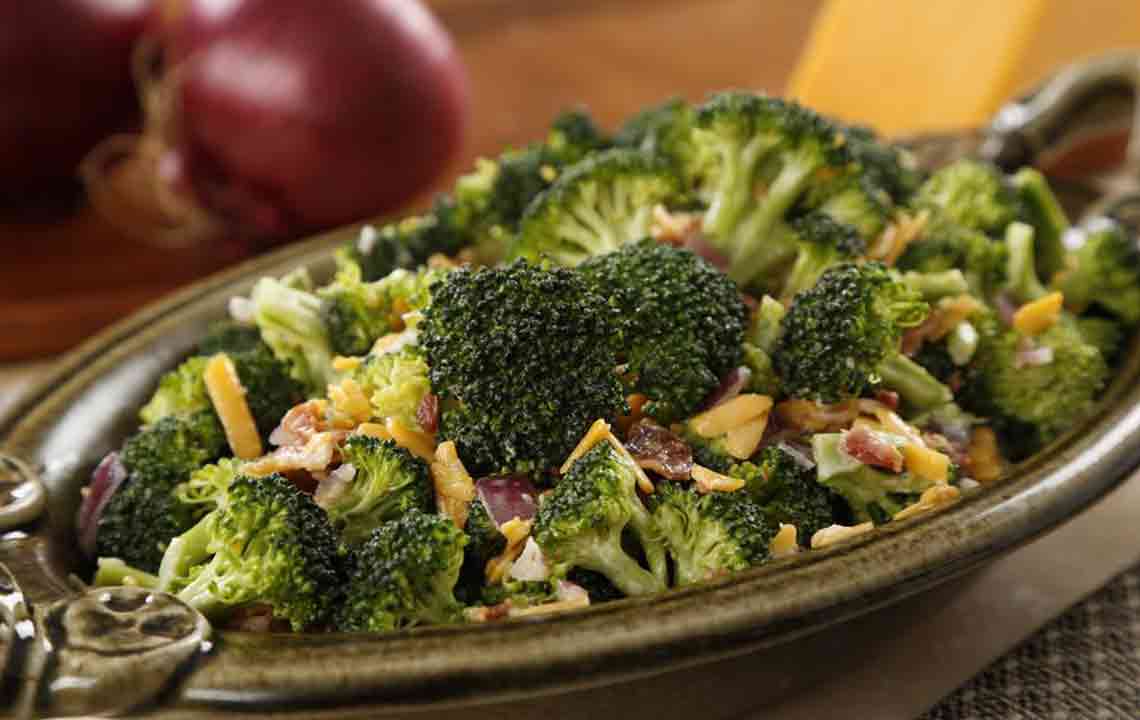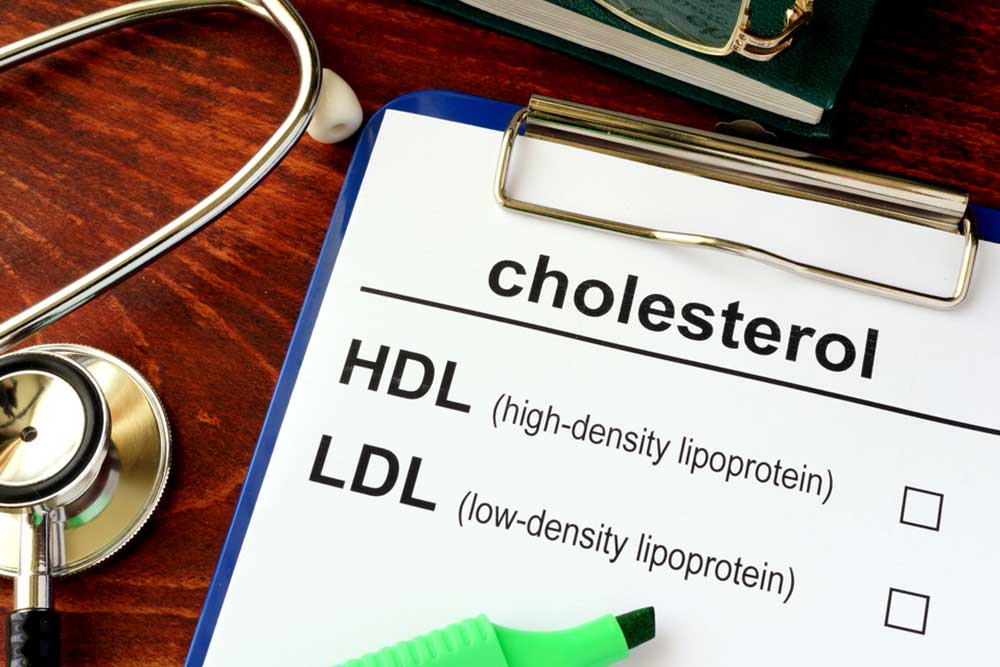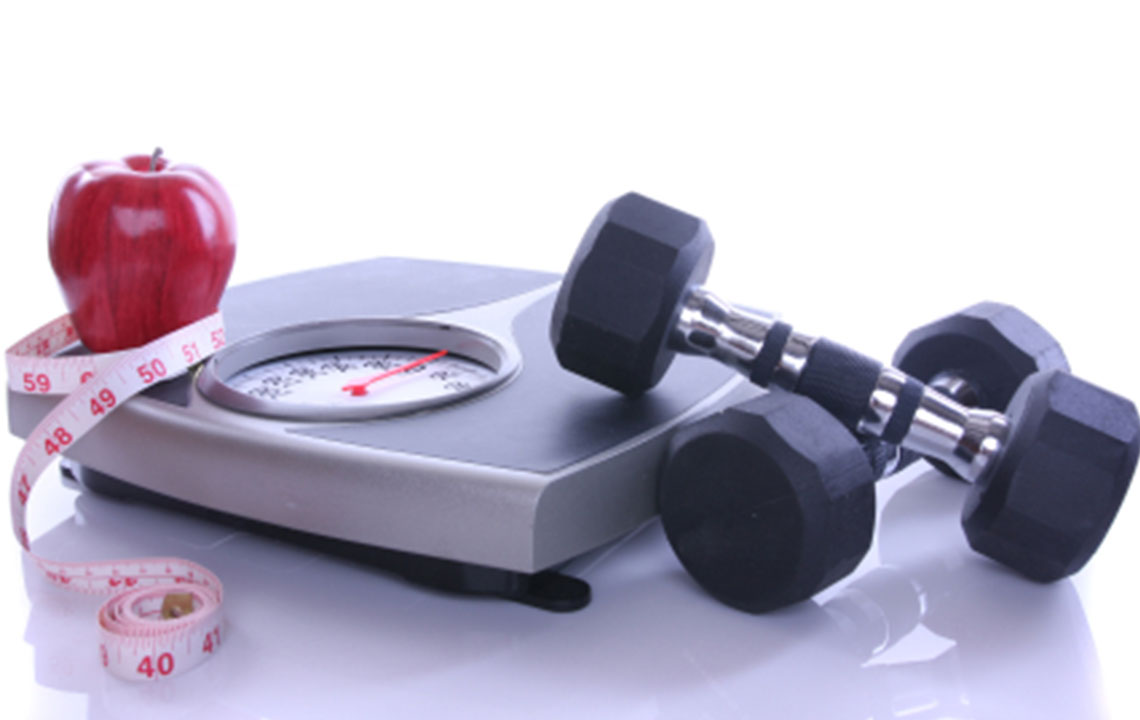Effective Natural Strategies to Reduce Cholesterol Levels
Learn natural and effective methods to lower cholesterol levels through dietary changes, exercise, and lifestyle adjustments. Avoid trans fats, incorporate healthy fats, and increase soluble fiber to improve your heart health. Regular physical activity and weight management further contribute to maintaining optimal cholesterol. Quitting smoking and limiting alcohol can also significantly reduce cardiovascular risk. These practical tips provide a holistic approach to managing cholesterol naturally and reducing dependence on medications, promoting long-term heart health.
Sponsored

Lowering cholesterol doesn't always require medications; lifestyle adjustments can be highly beneficial.
Over 100 million Americans struggle with elevated cholesterol, which can contribute to serious health issues like heart attacks and strokes. Cholesterol, a waxy substance in blood fats, is essential for building healthy cells. However, excess cholesterol can clog arteries and raise cardiovascular risk. Unhealthy diets and sedentary lifestyles are common causes, though genetics may also play a role.
Maintaining optimal cholesterol levels naturally is possible without relying solely on medication. Adopting a healthy lifestyle through diet and activity can significantly impact your cholesterol health. Here are some practical tips for achieving this.
Adjust Your Diet
Eating a balanced diet is crucial for managing cholesterol. Even if your eating habits haven't been ideal, it's never too late to make adjustments. Consider these dietary modifications.
Avoid Trans Fats : Trans fats elevate 'bad' LDL cholesterol and reduce 'good' HDL cholesterol, increasing heart disease risks. Steer clear of deep-fried foods and processed snacks. Check labels for partially hydrogenated oils and skip products containing them.
Choose Healthier Fats Polyunsaturated and monounsaturated fats can lower cholesterol levels. Found in oils like olive, canola, sunflower, and peanut oil, these fats are beneficial. Opt for lean meats and cut down on saturated fats.
Increase Soluble Fiber Intake : Soluble fiber helps reduce cholesterol absorption. Include foods like oats, beans, fruits, vegetables, and lentils in your diet.
Eat Omega-3 Rich Foods : Incorporate fatty fish such as salmon, mackerel, and herring, along with nuts like walnuts and almonds, and flaxseeds. Omega-3 fatty acids benefit cholesterol levels and overall health.
Engage in Regular Exercise
Daily physical activity boosts HDL ('good') cholesterol and helps lower LDL ('bad') cholesterol. Activities like walking, swimming, cycling, or playing sports are effective. Incorporate more movement into your routine by choosing stairs, walking more, or doing simple exercises at home.
Maintain a Healthy Weight
Even small weight reductions, such as 5-10%, can improve cholesterol levels. Combine regular exercise with a nutritious diet to reach and sustain a healthy weight. Consult health professionals to tailor your fitness and diet plan based on your needs.
Limit Alcohol Consumption
Excess alcohol intake can negatively impact heart health and elevate stroke risk. While moderate drinking may raise HDL cholesterol, abstaining if you don’t drink is advised. If you do drink, do so responsibly and in moderation.
Stop Smoking
Smoking damages cardiovascular health, but quitting helps increase HDL levels and lowers the chance of heart disease. Quitting smoking is a vital step toward better cholesterol management and overall wellness.






